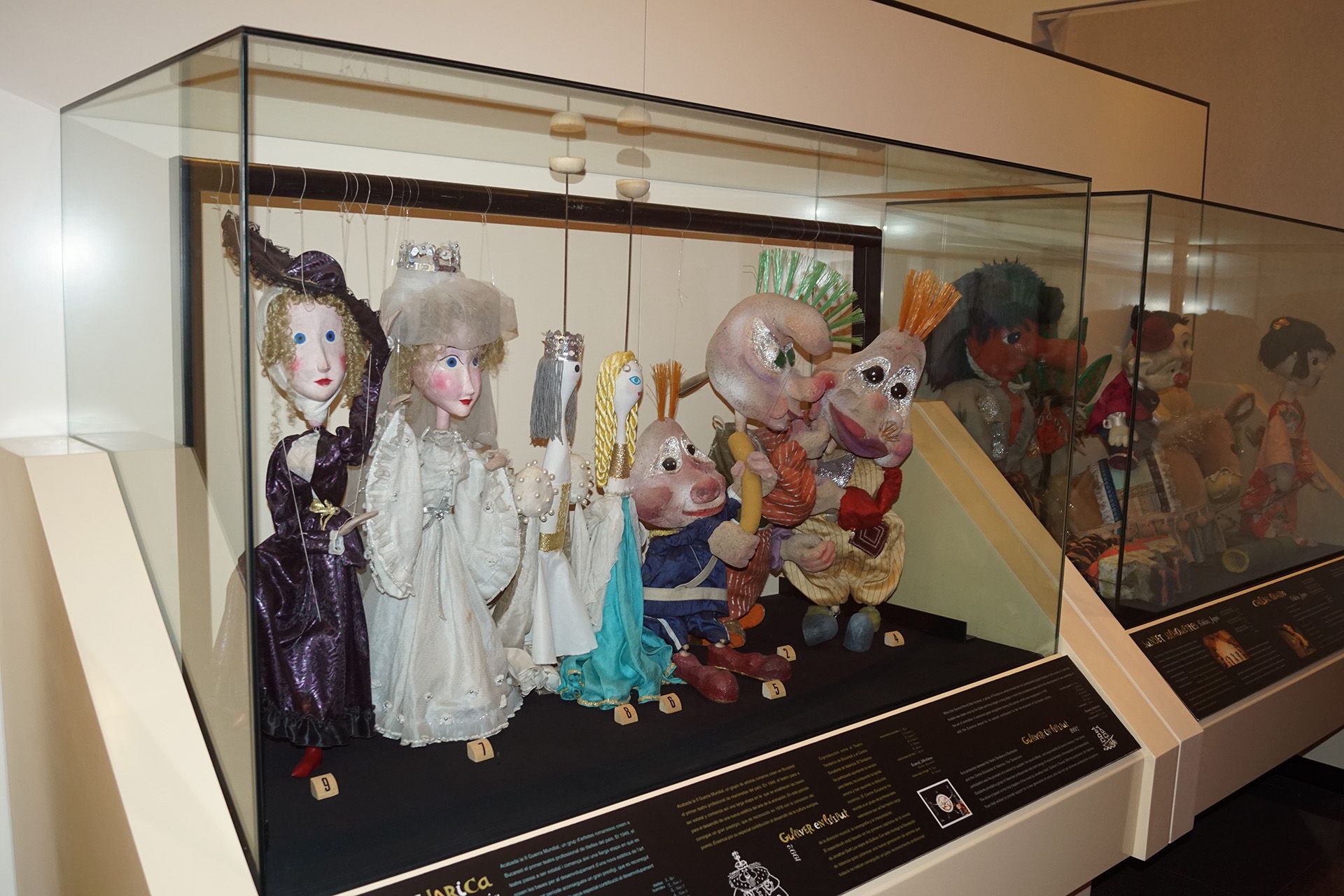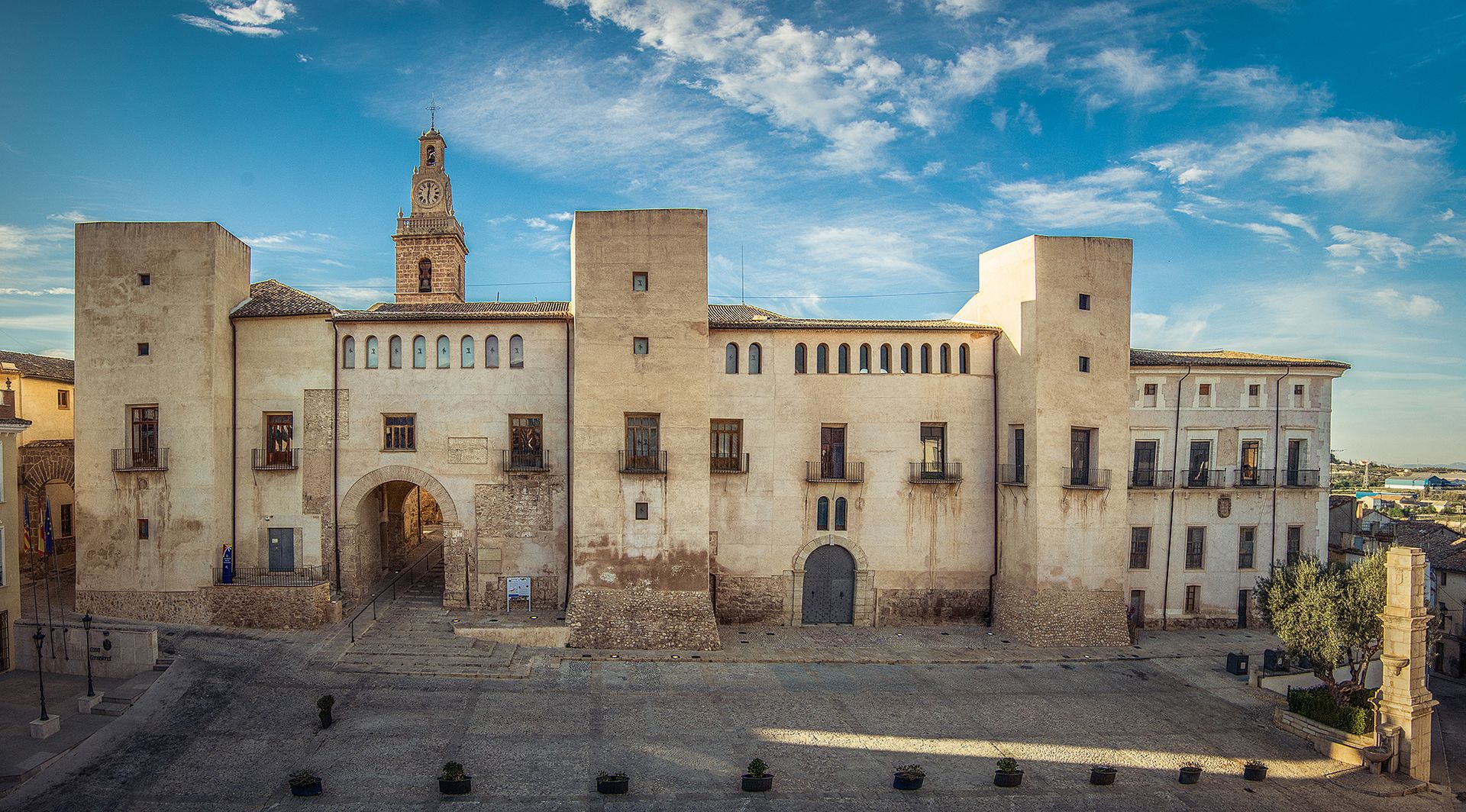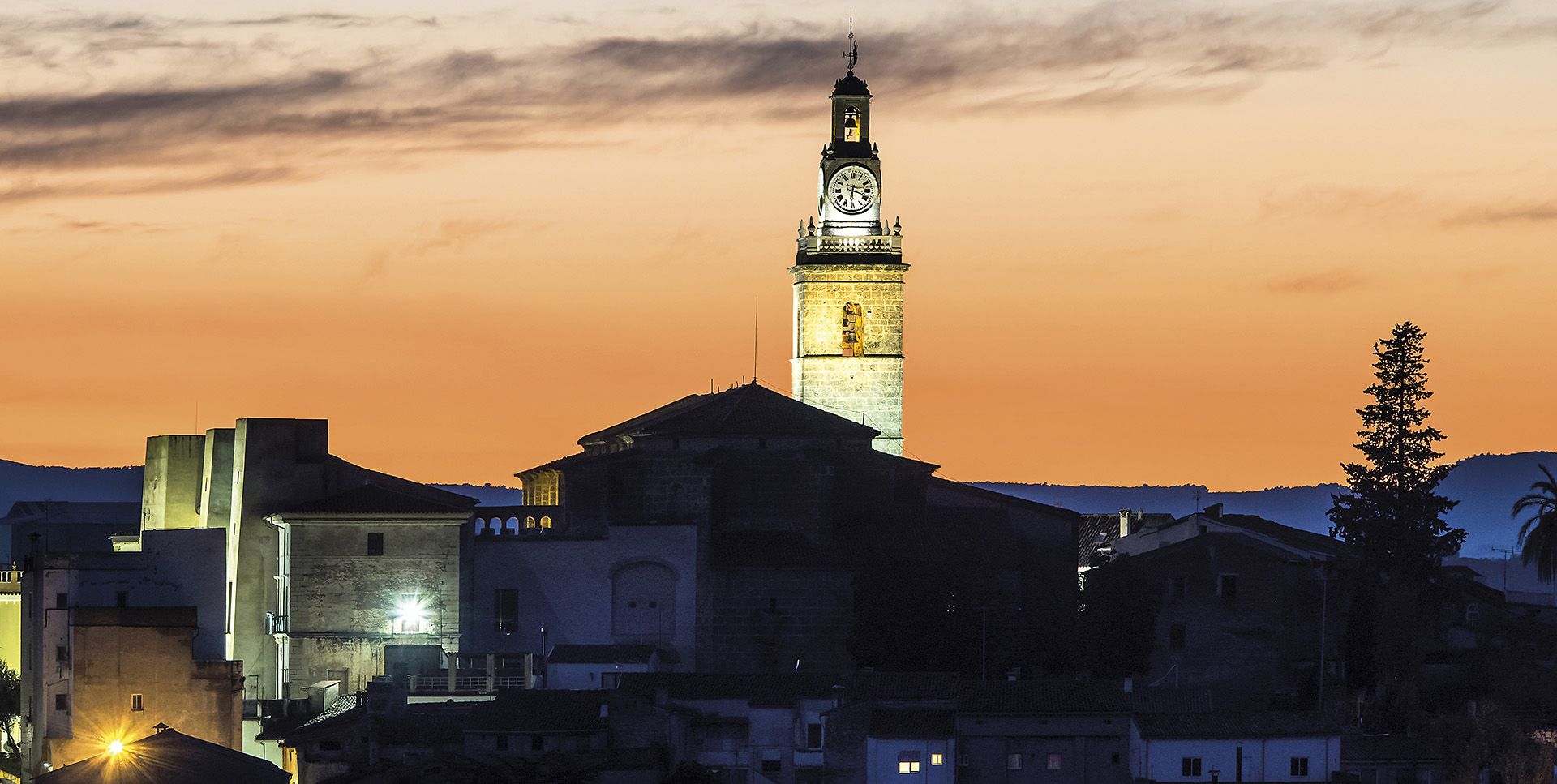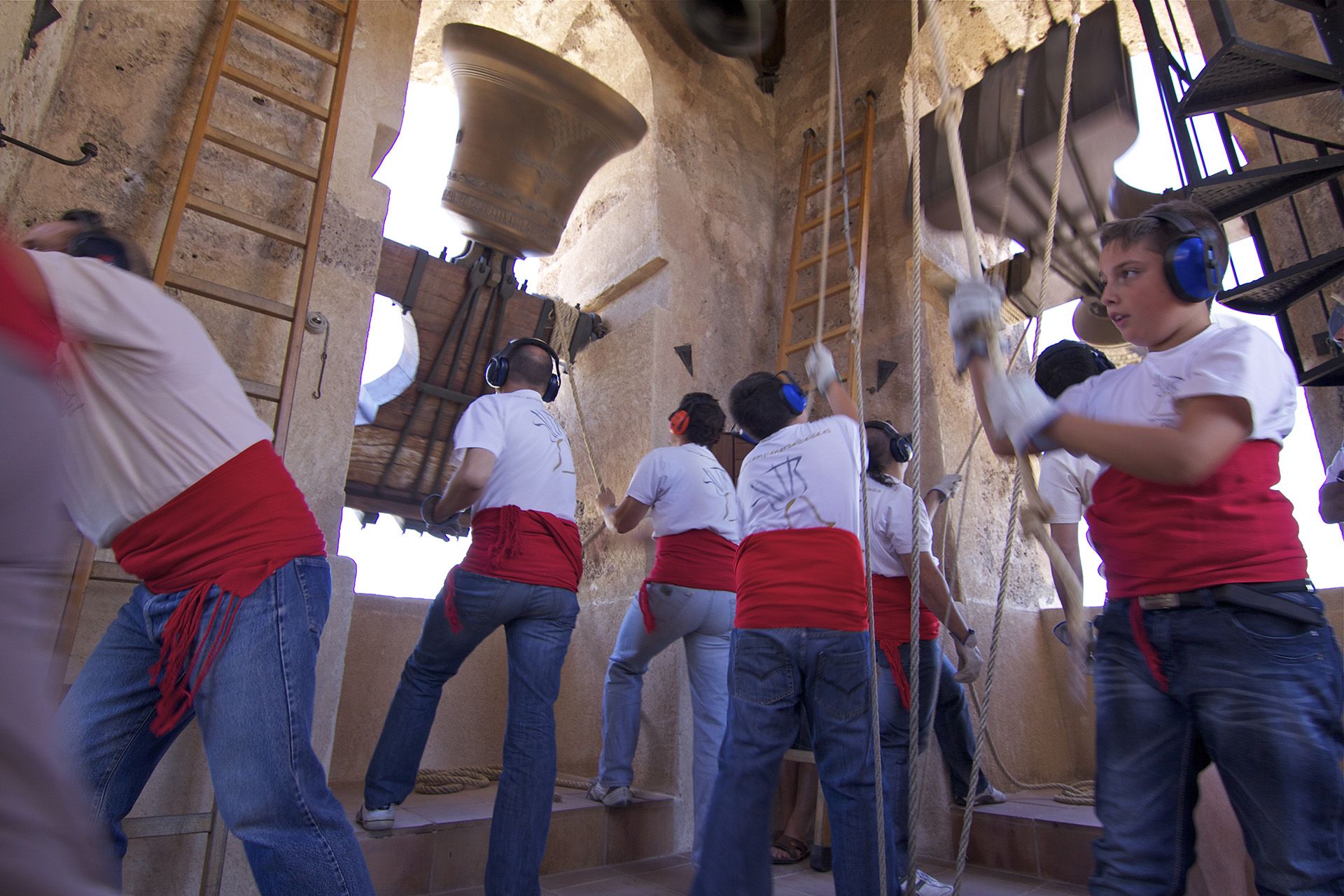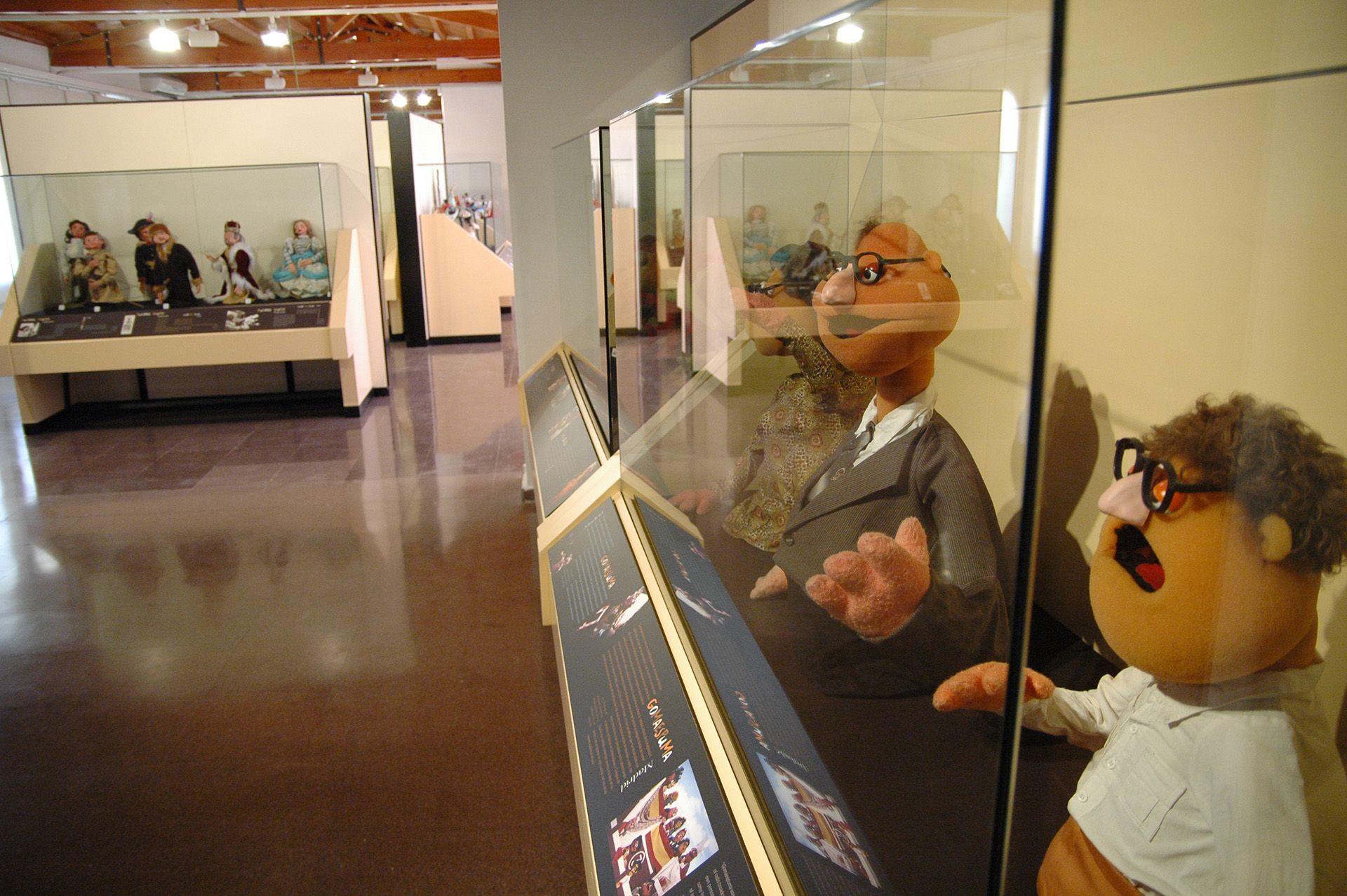Albaida
Albaida is located at the foot of Albaida Pass and a short distance from the Sierra del Benicadell range. Its name comes from the Arabic “Al-Bayda”, which means “The White”, in all probably named for the colour of the land found throughout most of the administrative region. The city was named as such in 1906 by King Alfonso XIII and declared a tourist attraction in 2002, by virtue of its interesting historical, artistic and museum heritage.
Gastronomía:
Albaida’s cuisine offers a wide variety of dishes, with pride of place taken by rice. Mention may be made of baked rice, rice with rabbit, rice stew, rice with chards, “sartén de invierno” and “sartén de verano”, crusty rice with egg, etc.
There are a series of local seasonal dishes that are only prepared when the corresponding ingredients are available on the market. Coinciding with the October and Christmas festivities, there are numerous sweets made with almonds, egg, flour, sugar and olive oil (“carquinyols”, sweet potato cakes, “rollitos”, almond cakes, “polvorones”, almond nougat with egg yolk and walnut, coffee meringues, “pastel de espuma”, etc.). Some of these sweets are available in the village bakeries throughout the year, such as “Pastelería Soler” and “Pastelería Espí”.
The main ingredient in autumn are mushrooms, which are incorporated into a wide variety of dishes (baked cakes, fried with garlic, rice with broth, etc.).
Two popular summer dishes are snails in sauce and tomato and pepper cake (delicious when made with fresh, local tomatoes and peppers). Also popular in summer are the ice-creams and iced products available from the local bakeries.
In January and February it is popular to dine out on casseroles with friends and workmates, whilst in Lent it is traditional to eat swordfish meatballs that are prepared on Good Friday, as well as traditional “monas” and “hogazas”. Quince, a product that was highly-appreciated by the Greeks and Romans, is also produced in Albaida. It is said to be good for those suffering from stomach ailments.
Festivities:
Each July, during the festivities of St. James, sees the staging of a fair in Albaida dating from 1387. Formerly dedicated to livestock, today it hosts attractions and cultural events such as plays, concerts, live music and sporting events. E
In terms of tradition and folklore, mention may be made of the town’s main festivities, which are held on 7th October in honour of the patron saint, Our Lady of the Remedy. They are followed by the traditional Moors and Christians festivities, held on 9th October, the most significant acts of which are “L’Entrá”, a parade of the Moorish and Christian troops in their finery, and “Las Embajadas”, representations of the struggle between the troops for the keys of the town, held on 11th October.
Mention may also be made of the festivities held in honour of Saint Anthony the Abbott in January, and those in honour of Saint Dominic of L’Aljorf in August.
